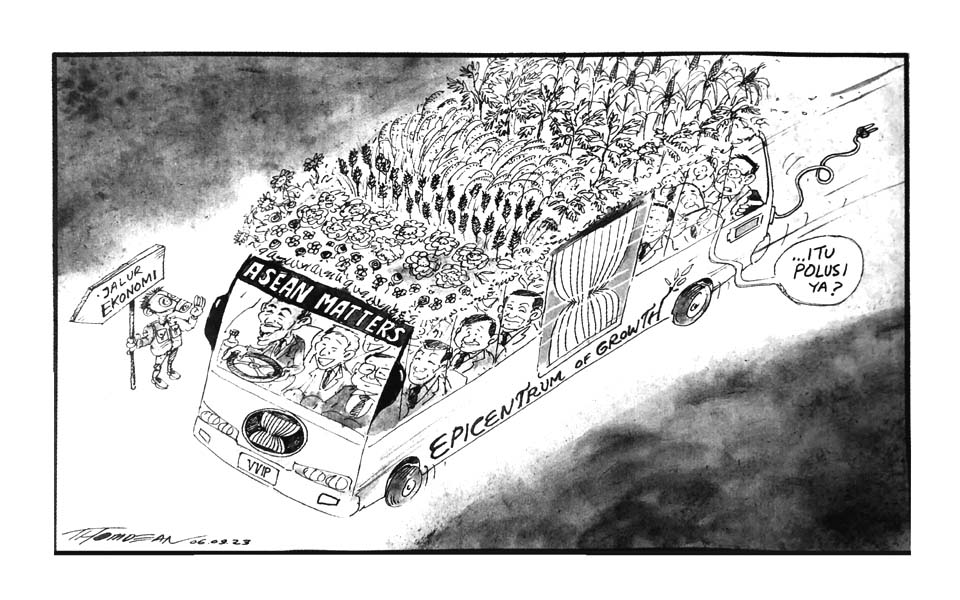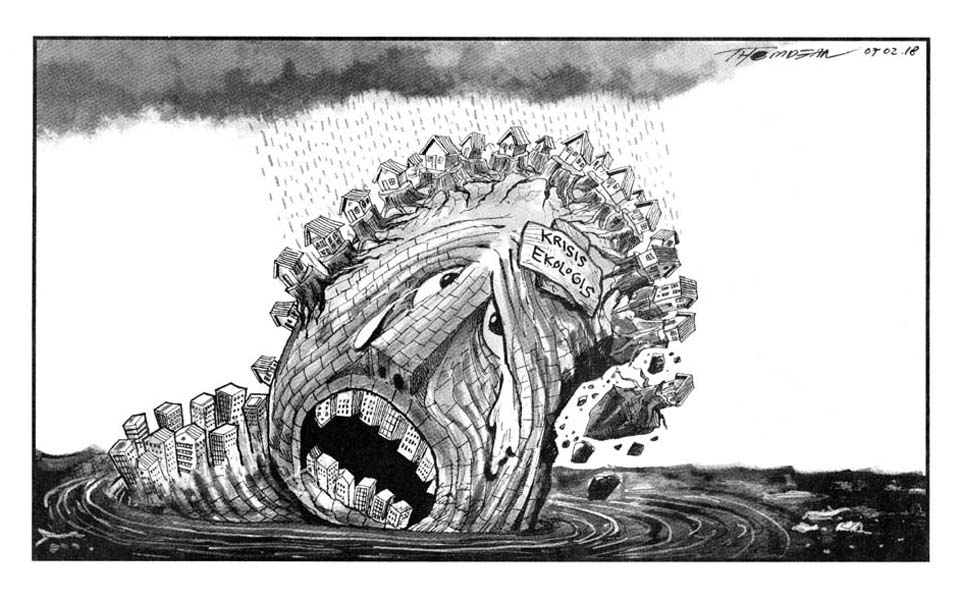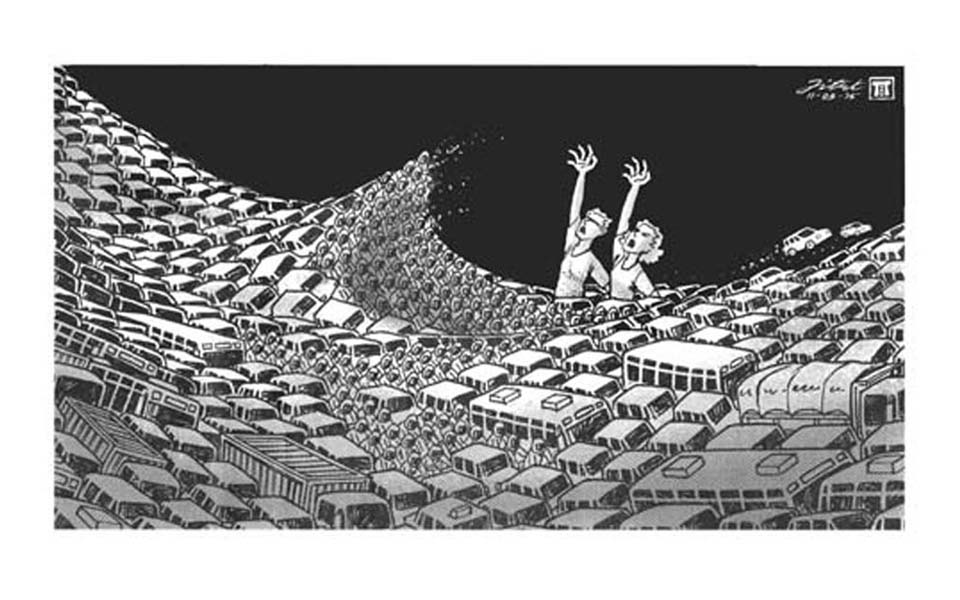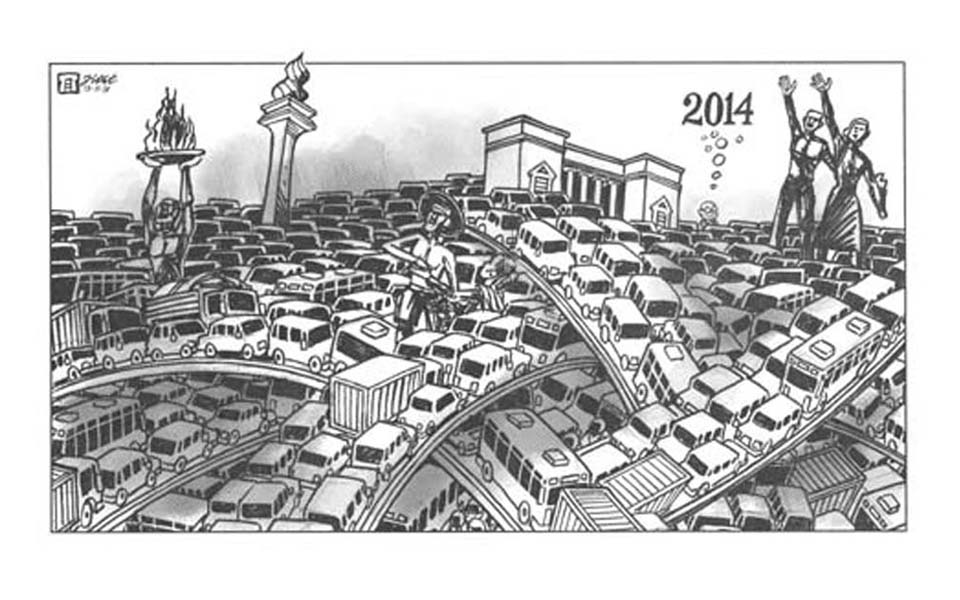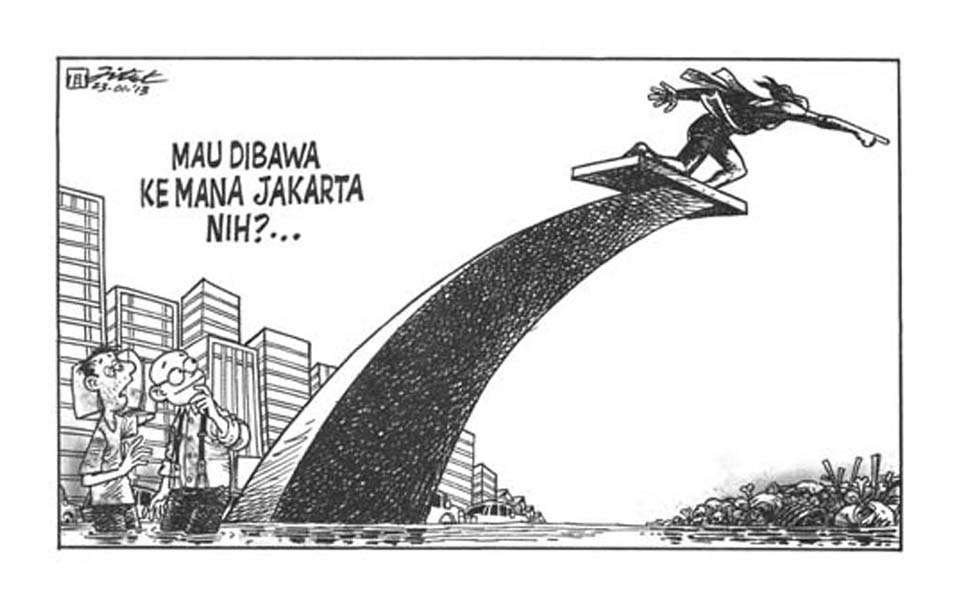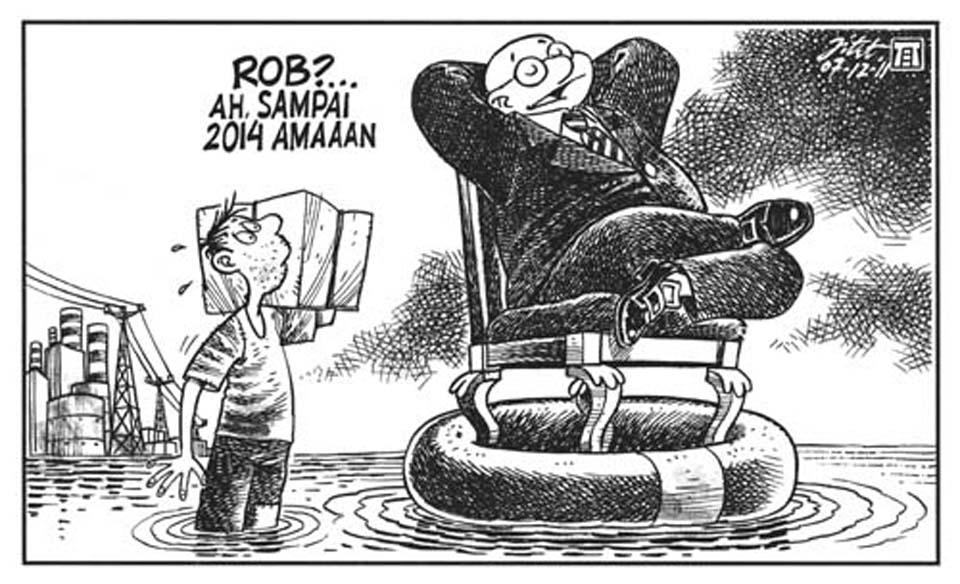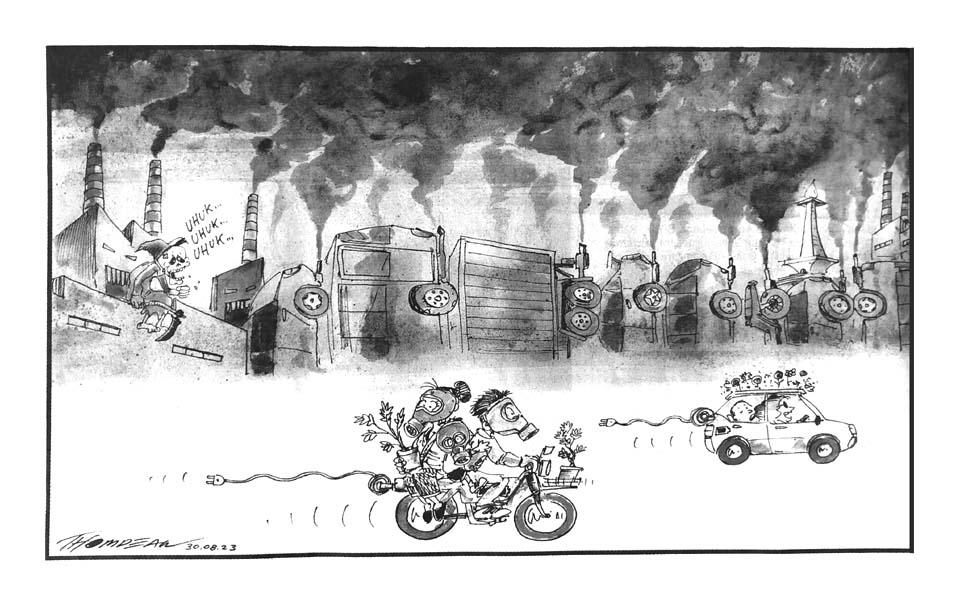
The government is scrambling to address Jakarta's perennial air pollution problem amid a public outcry over worsening air quality in recent weeks.
Jakarta has consistently ranked among the 10 most polluted cities in the world since May. But last week, it topped global charts compiled by Swiss air quality technology company IQAir.
A study published in February estimated that air pollution causes more than 10,000 deaths and 5,000 hospitalisations year along with more than 7,000 adverse outcomes in children. It also costs the government nearly US$3 billion annually, roughly 2.2 percent of Jakarta's gross regional domestic product.
In response, President Joko "Jokowi" Widodo – who has been suffering a cough for the last three weeks allegedly due to the pollution – was quick to blame the deteriorating air quality on the prolonged dry season, which he said has exacerbated the impact of vehicle and industrial emissions.
Jakarta is situated in the vicinity of 16 coal-fired power plants and remains one of the most gridlocked cities in Southeast Asia.
Widodo, who along with several other senior officials was found guilty of negligence by a court in 2021 for failing to deal with Jakarta's pollution, said the government planned to use various strategies to address the problem including weather modification, new green spaces, work from home arrangements, spraying water mist from high-rise buildings (which environmentalist say actually worsens the problem) and stricter regulations on motor vehicle emissions.
And despite the fact that according to the Jakarta government 4 million cars and motorcycles had been added to Jakarta's streets in the past year-and-a-half, not a word was mentioned about improving and expanding the city's public transport system – let alone capping vehicles sales or restricting vehicles entering the city.
Latching on to a 2019 study which found that 57 percent of the pollution in the capital is from vehicle emissions – a figure that has been disputed by environmental groups who say emissions from coal powered fuel plants and industry are a much bigger problem – officials and businesses were quick to use the figures to further their case for greater electric vehicle (EV) adoption in the capital.
The government said it would order state-owned electricity firm PLN to build more charging stations and standardise EV battery specifications. Jakarta-owned bus operator Transjakarta is also aiming to add 42 electric buses to its fleet this year. And the government has already introduced generous subsidies and tax breaks for the purchase of new EVs and to retrofit of older vehicles.
Critics however point out that since EVs would be charged using electricity produced by the same power stations causing much of the pollution in the city, this will only shift the pollution from one source to another.
They also warned that several senior officials and business tycoons close to the Widodo administration have business interests in EV and battery manufacturing, and that many also have interests in the coal industry and would benefit from the PLN burning more coal to power EVs.





